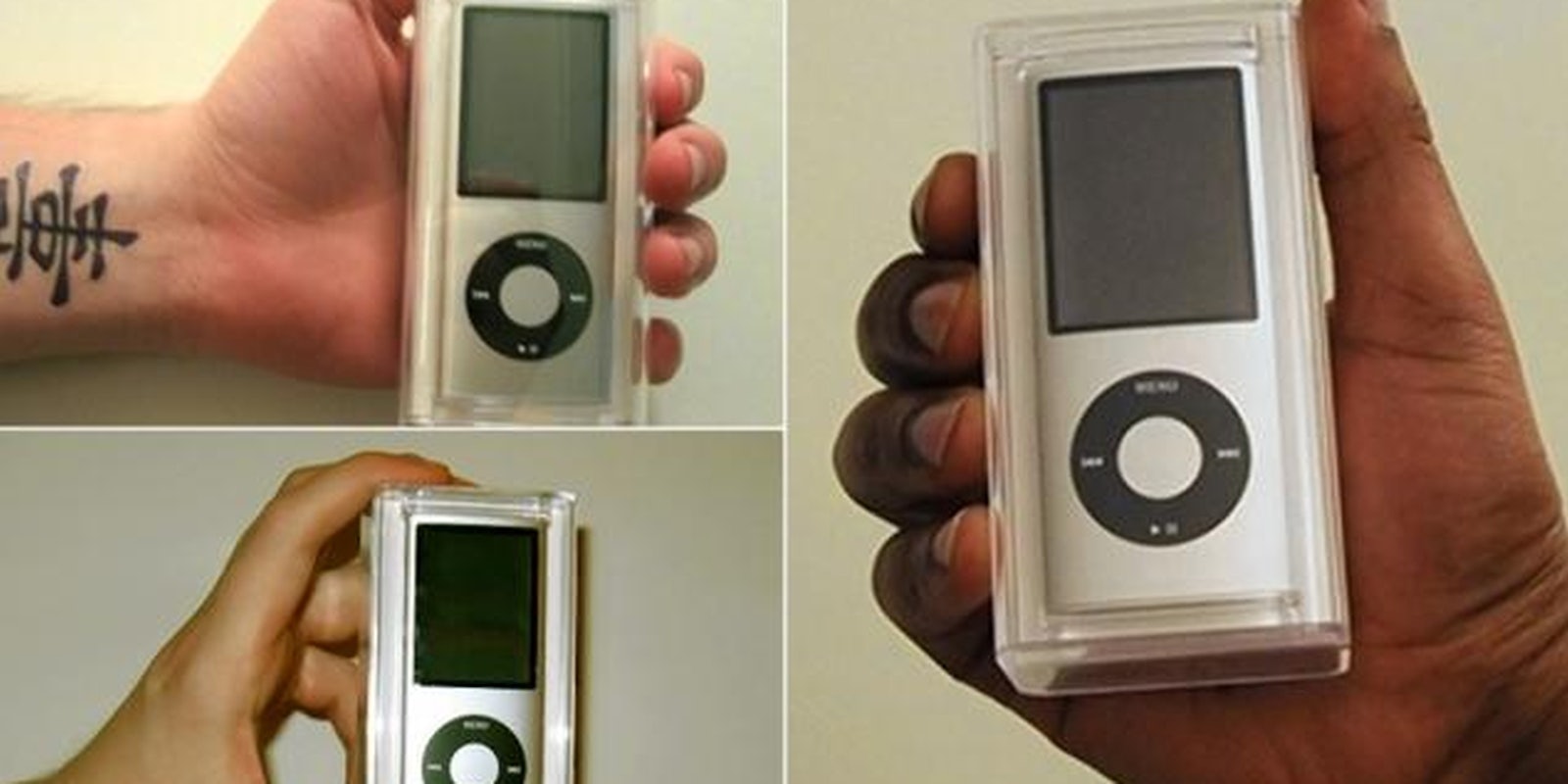One of the ugliest truths about our brick-and-mortar world is that individuals seem to show a certain sense of prejudice and bigotry during shopping sessions. A recent study confirms those same prejudices apply online.
According to a report published in the Economic Journal of the Royal Economic Society this week, the online consumer field is littered with people who maintain reservations about purchasing things from minorities or individuals with tattoos.
It’s a revelation EJREC researchers discovered after sending 1,2000 online classified ads for Apple iPods onto online shopping hubs throughout the Internet. Shortly thereafter, those same researchers noticed that ads featuring black or tattooed hands holding the iPod received 18 percent fewer offers—and bids that did come through were lower than those offered to white sellers without visible tattoos.
“We might have moved many of our consumer transactions online, but personal biases in terms of who we trust still affect how we interact with others,” study co-author Jennifer Doleac told the New York Daily News. “This is true when we’re interacting online as well as offline.”
Doleac added that the study noted how individuals working with black sellers were “less likely to include their names in their emails” and that a large majority of the responses to ads featuring black hands came from areas with larger black populations.
As for the discrepancy pertaining to the tattoos, Doleac suggested that the prejudices extend beyond race and into something else.
“The buyer is trying to avoid dealing with someone who is less educated,” she implied. “Or who might live in a bad neighborhood.”
Photo via Jennifer Doleac


